Latest news and stories
NHMRC Media

Mind the gap – Filling in the missing evidence for massive blood transfusion policy
Professor Jamie Cooper AO is Sir John Monash Distinguished Professor in the School of Public Health and Preventive Medicine at Monash University, and Senior Specialist in Intensive Care at The Alfred Hospital in Melbourne.
Developing immunity to cancer
Immunologist Dr Jason Waithman leads the Cancer Immunotherapy Group at the Telethon Kids Institute in Western Australia.

Healthier hearts in the tropical north
Professor Anna Ralph is a practicing medical specialist and leads the Global and Tropical Health division at Menzies School of Health Research in Darwin.
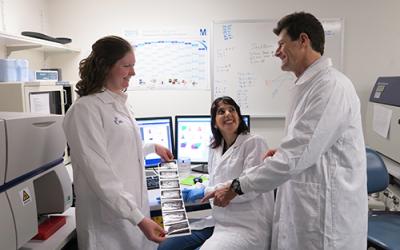
Unravelling genomes to find an answer
Autoimmune diseases account for one of the largest burdens of chronic disease on our health system. According to Professor Chris Goodnow FAA FRS, there are more than 100 autoimmune diseases that collectively affect 10% of people.

Lessons from the best to improve Indigenous health services: a collaborative learning approach
Professor Sarah Larkins has focused on improving equity in health care services in rural, remote and Indigenous populations since a medical education placement in the Northern Territory highlighted the tremendous inequities in health care access in the region.

10 of the Best - Harnessing the power of science to understand and overcome today’s health challenges
Welcome to National Health and Medical Research Council's (NHMRC) 10 of the Best – Thirteenth Edition, a tribute to the researchers and their teams around Australia who are tackling the health challenges that we face from birth to later life.

Metal complexes for the treatment of age-related diseases of the brain
Dr Jeffrey Liddell from the University of Melbourne is a mid-career neurobiologist, with an interest in neurodegenerative diseases and understanding their underlying causes.

Born too soon – A better life for preterm babies
A major achievement for Associate Professor Shannon Simpson was the recent establishment of PELICAN (Prematurity’s Effects on the Lungs In Children and Adults Network), which she co-chairs with Dr Jenny Hallberg from the Karolinska Institute in Sweden.

Helping children get the best start to life
Professor Harriet Hiscock is a paediatrician researcher at the Murdoch Children's Research Institute. Her work focuses on keeping children out of hospital, reducing low value care, and improving access to and quality of care – especially mental health care.

Consultation on options to reach gender equity in the Investigator Grant scheme: Consultation closed
NHMRC's vision is a gender diverse and inclusive health and medical research workforce to take advantage of the full range of talent needed to build a healthy Australia.
NHMRC has completed its consultation on options to reach gender equity in the NHMRC Investigator Grant scheme.
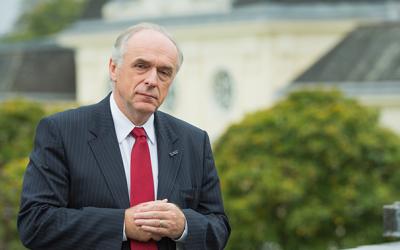
Forging a farsighted agenda with a novel global way of thinking about science
The Human Frontier Science Program (HFSP) was established in 1990 to promote international collaboration in basic research focused on the elucidation of the sophisticated and complex mechanisms of living organisms. Since then, 1180 research grants have been awarded to more than 7500 researchers representing 71 nationalities, including Australia.
HFSP Secretary-General Professor Pavel Kabat introduces the program and three prominent researchers tell us how their HFSP grants advanced their research.
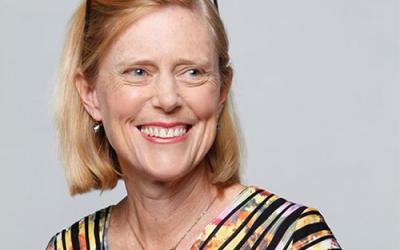
A paradigm shift in kidney research
Surprisingly, understanding of organ assembly is extremely limited. Professor Melissa Little and team received an Human Frontier Science Program (HFSP) grant and established the most comprehensive quantitative image-based analysis of any organ ever described. The challenges of bringing together researchers from different fields is one of vocabulary, but the benefit is considerable.

Towards cyborg biology - electrochemical biosensors of everything
There is a long running interest in the idea of machine-organism hybrids, although the integration of electronic and biological systems remains underdeveloped. Professor Kirill Alexandrov and his collaborators received Human Frontier Science Program (HFSP) funding to explore the 'undoable'. Multidisciplinary teams are a must and spur new creative projects.

Lipid droplets and our defensive arsenal - killing the bacteria to prevent infection
Lipid droplets are exploited by pathogens that invade cells and then use the cellular lipid droplets as a source of fats. Professor Rob Parton and his team received a Human Frontier Science Program (HFSP) grant to explore the possibility that lipid droplets might also be a crucial form of defence against pathogens. International collaborative networks have allowed access to techniques and expertise. They have also facilitated mentoring and collaboration for students and early career researchers.
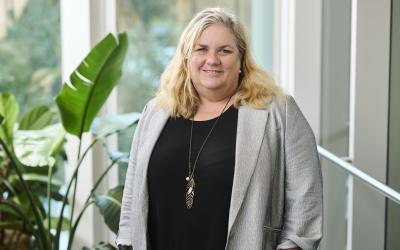
Making a decision to do the hard research, that’s what discovery is about
Deciding to commit to a research life is brave – so is committing to do the hard research. Professor Cath Chamberlain says with Aboriginal and Torres Strait Islander health, in particular, 'we are going to need to take some more risks to do things differently'.
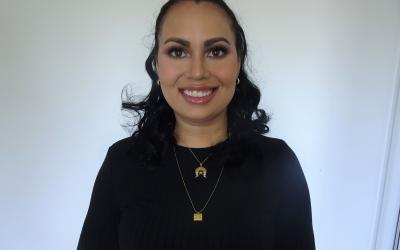
Internship brings entirely new set of skills
Sharna Motlap has always been interested in creating and implementing evidence-based programs specifically tailored to Indigenous communities.
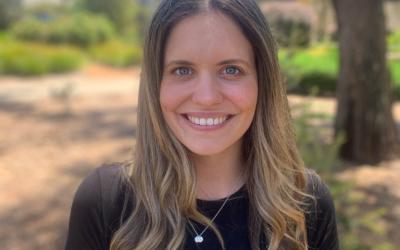
'I leave not only a more confident worker but also a more confident person.'
Emily McDonald’s journey to becoming an intern at NHMRC has not been exactly straightforward.
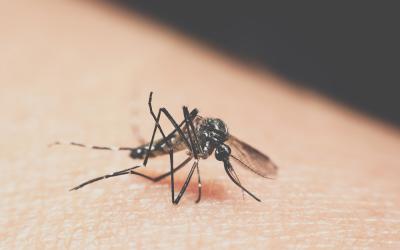
Regional research collaborations fighting dengue fever
The spread of Japanese encephalitis virus in south eastern Australia is a reminder that mosquito-borne viruses pose an ongoing threat to lives and livelihoods, particularly in our region. That includes dengue fever spread by the Aedes aegypti mosquito. Australian researchers are collaborating closely with colleagues on two fronts – to eradicate the virus and find biomarkers that will lead to better diagnosis and treatment.
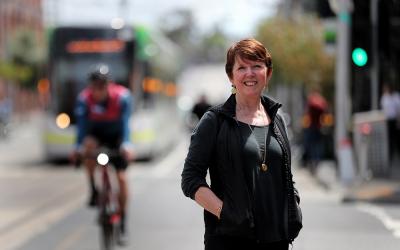
A passion project to make the heart sing: Urban planning for healthier lives
Professor Billie Giles-Corti was a 'lone wolf', she says, when she started her research career. In 2022, the time has come for public discourse about the direct links between city planning and health. She is part of a global network making the connections between liveability and health outcomes.
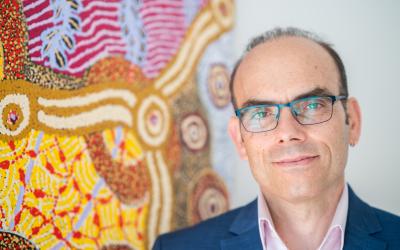
HEAL national research network addressing the health effects of environmental change
The Healthy Environments and Lives National Research Network (HEAL) was announced at the end of 2021 with a grant of $10 million over five years, as an NHMRC Special Initiative to provide national and international leadership in environmental change and health research. HEAL formally starts in May 2022; a lot of groundwork has been done to create the foundations for a large and diverse collaboration to deliver its ambitious work plan over the next five years and beyond.

Gender disparities in NHMRC’s Investigator Grant Scheme
CEO Communique – February 2022
Speech is a uniquely human skill many take for granted
Professor Angela Morgan is head of speech and language at the Murdoch Children’s Research Institute and Professor of Speech Pathology at the University of Melbourne and was the recipient of the 2020 NHMRC Elizabeth Blackburn Investigator Grant Award (Leadership in Clinical Medicine and Science).
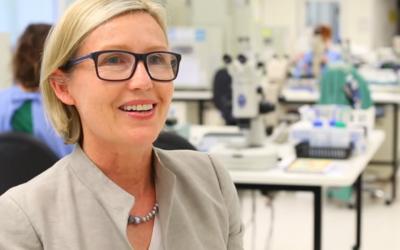
To improve child health, focus on conception
Professor Sarah Robertson from The University of Adelaide is recipient of an NHMRC Investigator Award and was awarded the Elizabeth Blackburn Investigator Grant Award (Leadership in Basic Science) at the 2020 NHMRC Research Excellence Awards.
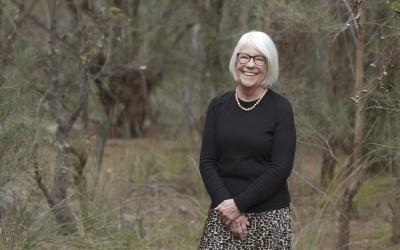
How Anne McKenzie went from ‘just a mum from Morley’ to consumer engagement champion
Pioneering health consumer advocate Anne McKenzie AM has been awarded NHMRC’s Consumer Engagement Award in recognition of an almost 30-year career during which she has helped thousands of Australian clinicians and researchers understand the value of listening to consumers.
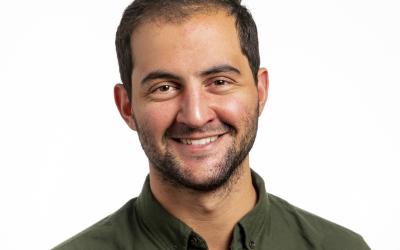
Developing innovative vaccines to tackle influenza B virus
Dr Marios Koutsakos is a postdoctoral research fellow at the Peter Doherty Institute for Infection and Immunity, University of Melbourne. He works on the development of a universal influenza B vaccine and on understanding the fundamental biology of immune responses to vaccination. Dr Koutsakos received the 2020 NHMRC Frank Fenner Investigator Grant Award.
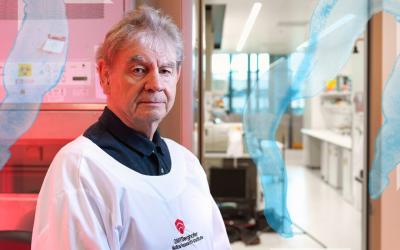
Developing innovative interventions to eliminate parasitic worm infestations
Professor Don McManus is senior scientist at QIMR Berghofer and an internationally acclaimed parasitologist. This year, he was awarded the 2020 NHMRC Peter Doherty Investigator Grant Award (Leadership).
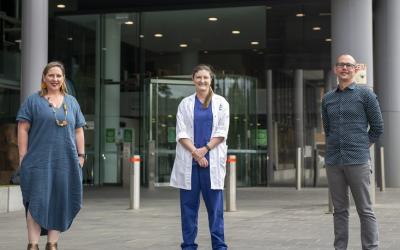
Patient collaborators in groundbreaking brain cancer research
Patients are collaborators along with structural biologists, immunologists and neurosurgeons in the groundbreaking brain cancer research being conducted by the tight, multidisciplinary team being led by WEHI’s Associate Professor Misty Jenkins.
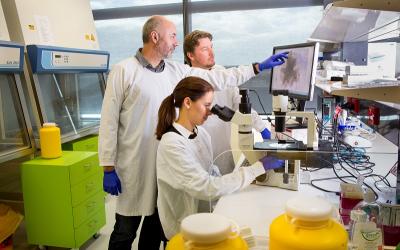
Science to art: Research behind the science behind the image
Professor Frédéric (Fred) Hollande is Deputy Head at the Department of Clinical Pathology, University of Melbourne, and a group leader at the University of Melbourne Centre for Cancer Research. He’s also behind the image recognised in the Science to Art NHMRC Biennial Award.
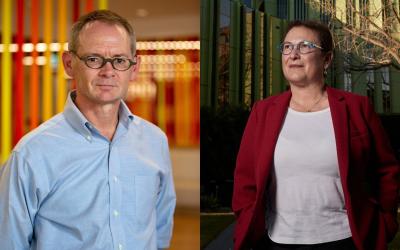
Game-changer for cancer research and therapeutic development
2021 ANSTO Eureka Prize for Innovative Use of Technology
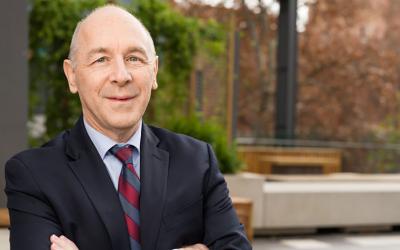
Crossing disciplines to answer complex research questions
University of Adelaide's Professor Ian Olver received the 2021 NHMRC Ethics Award in recognition of his significant contribution to Australian health and medical research ethics over the last decade. As chair of NHMRC’s Australian Health Ethics Committee, and as a valued member of NHMRC Council from 2012 to 2018, his balanced and considered leadership style and willingness to engage sensitively on tough issues supported a wider understanding of the ethical impact of emerging health and medical research innovations and technologies.
New research on boosting killer immune response to cancer
Drugs already approved and available could be the answer to boost the production of killer T cells and improve the success rate of immunotherapies for cancer.
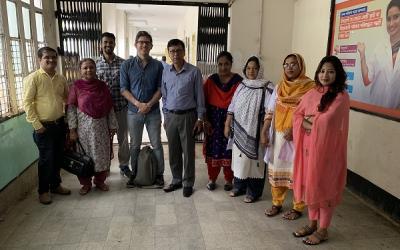
Working beyond our own borders for a better world
Associate Professor Joshua Vogel is a Principal Research Fellow at the Burnet Institute in Melbourne, where he co-heads the Global Women’s and Newborn’s Health Group. His research focuses on addressing maternal and perinatal health issues affecting women and families in limited-resource settings. Associate Professor Vogel was the winner of the 2020 Peter Doherty Investigator Grant Award, and the Commonwealth Health Minister’s Award for Excellence in Health and Medical Research.
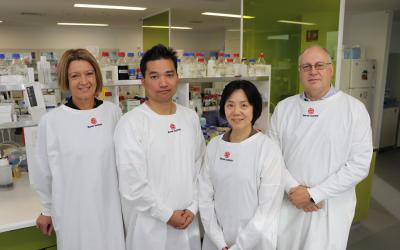
Australian research delivers rapid Hep B test for earlier treatment
Hepatitis B is an infectious disease that causes the liver to become inflamed and contributes to increasing rates of liver cancer in Australia and globally.
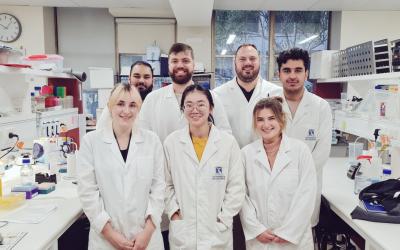
Getting to the cause of type 2 diabetes
The daily burden of living with diabetes can be significant. It’s estimated that people with diabetes face up to 180 diabetes-related decisions every day. That’s more than 65,000 extra decisions a year. These decisions can range from managing daily blood sugar levels, food intake and exercise to the management of serious diabetes complications.

Driven to improve mental health and intergenerational trauma through research
Having experienced 2 Indigenous internships with NHMRC, Vernon Armstrong has now started his journey in mental health research.
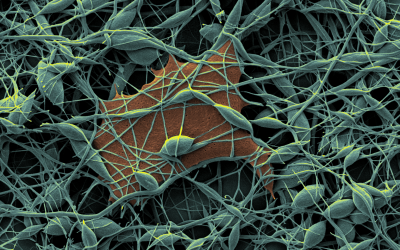
Diamond-enriched silk dressings the answer to next-generation smart wound treatment
A diamond-enriched smart dressing made of silk that enables doctors to read the chemistry of an infected or healing wound could be the answer to more effective therapies, particularly for burns.

Addressing Australia’s national transfusion research priorities
Professor Erica Wood is head of the Transfusion Unit at Monash University. Her research describes how blood is used in Australia, and how its use can be improved and made safer and more cost-effective. Through registry data and clinical trials, and studies of novel blood products, Professor Wood and her team aim to improve access and transfusion outcomes for patients.
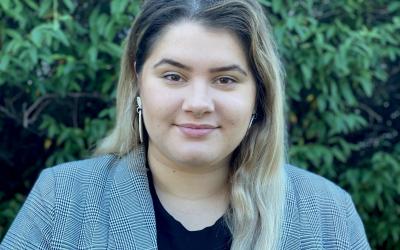
Indigenous female researcher inspires next generation
As one of NHMRC’s first Indigenous Interns, Nada Powell is about to embark on her next journey which is likely to now include research.
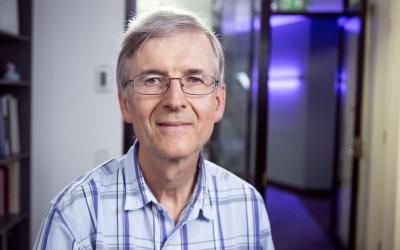
Unlocking the secrets of the brain
Professor John Bekkers from the John Curtin School of Medical Research and his team are currently working on the neurons and circuits in the brain that underlie the sense of smell. His team focus on the olfactory cortex, a brain region that is responsible for our ability to recognise and remember odours.
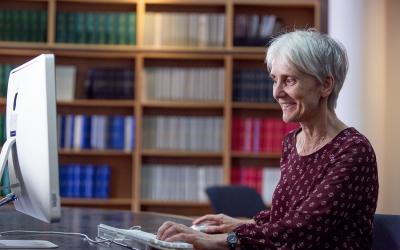
Partnership with Aboriginal communities for a meaningful contribution
Professor Kate Conigrave from The University of Sydney is an Addiction Medicine Specialist and Public Health Physician based at Royal Prince Alfred Hospital. Her work combines treating individuals with alcohol, drug and tobacco problems, promoting the health of communities and research and teaching. She is currently the chair of the National Health and Medical Research Council's (NHMRC) Alcohol Working Group, which is charged with reviewing the guidelines to reduce the health risks from drinking alcohol.

Breathing easy – Improving access to respiratory disease rehabilitation
The average adult takes up to 20 breaths every minute, something most people give little thought. However, breathing can be a daily struggle for people with Chronic Obstructive Pulmonary Disease (COPD),an umbrella term for a group of lung conditions that includes emphysema, chronic bronchitis and chronic asthma.

Australia’s investment in eradicating malaria
Over the last 10 years NHMRC has invested more than $191 million in research on malaria1
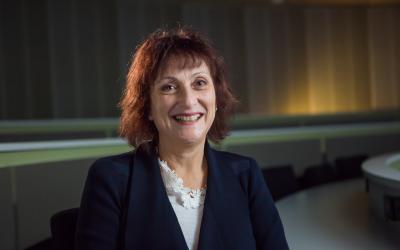
Ensuring evidence is translated into practice
Professor Rachelle Buchbinder is a National Health and Medical Research Council (NHMRC) Senior Principal Research Fellow. She is the Director and Professor in the Monash University Department of Epidemiology & Preventive Medicine since 2007. Professor Rachelle Buchbinder's clinical practice is in conjunction with research involving multidisciplinary projects relating to arthritis and musculoskeletal condition.
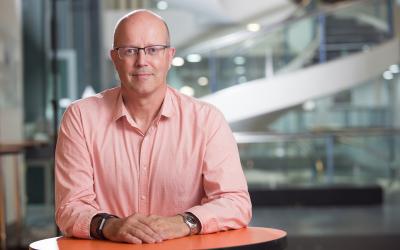
Working to stop Parkinson's disease
Associate Professor Antony Cooper from the Garvan Institute of Medical Research is a cell and molecular biologist / geneticist with strong interests in elucidating how cellular dysfunction results in human diseases, with a specific interest in neurodegenerative disease such as Parkinson’s Disease. His research on neurodegenerative diseases focuses on understanding the basis of Parkinson’s Disease. Watch his story in the video below.
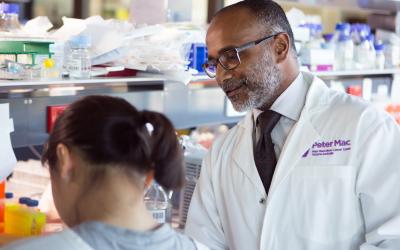
Transforming how to treat blood cancers
Professor Mark Dawson is a clinician-scientist at the Peter MacCallum Cancer Centre, meaning he both treats blood cancer patients and leads cutting-edge cancer research in the lab. After working as a doctor for some time, Professor Dawson wanted to know why some patients responded better to treatment than others.

CEO communique on application centric peer review
CEO Communique, February 2021
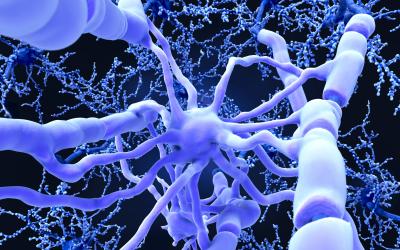
Adding new cells to the mature central nervous system – Investigating their normal function and potential for repair
For people with Multiple Sclerosis (MS), the myelin that covers nerve fibres in the central nervous system (brain, optic nerves and spinal cord) is damaged, leading to impairment of cognitive, motor and sometimes sensory functions.

COVID-3D: A small leap to scale up to COVID-19
Early in 2020, the University of Melbourne’s Bio21 team was working on protein modelling to better understand antimicrobial resistance for improved drug development. In March they turned their attention to the SARS-CoV-2 virus, which had already undergone many mutations. In September, the team’s work was published in Nature Genetics.

Improving the health and wellbeing of children by making it easy to be active throughout the day
Professor Jo Salmon from the Institute for Physical Activity and Nutrition (IPAN), Deakin University received the Elizabeth Blackburn Investigator Grant Award at last year’s NHMRC Research Excellence Awards. Her research focuses on how to effectively implement physical activity interventions at scale across the population, particularly in children. Physical inactivity is a leading modifiable risk factor for childhood obesity and other physical and mental health conditions.

'10 of the Best': Showcasing health and medical research success stories
Australia’s National Health and Medical Research Council (NHMRC) has launched the 12th edition of 10 of the Best, showcasing significant projects that support the improvement of human health.
